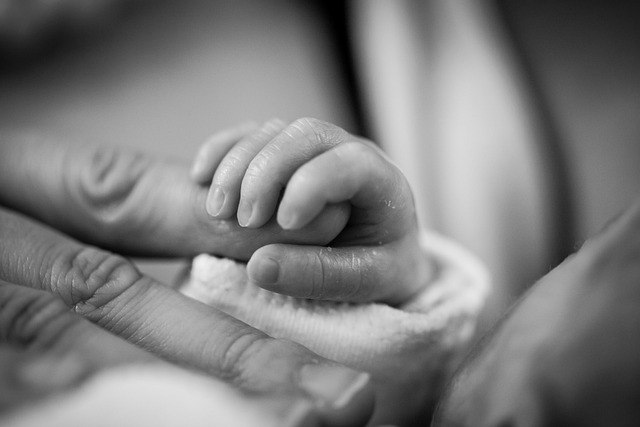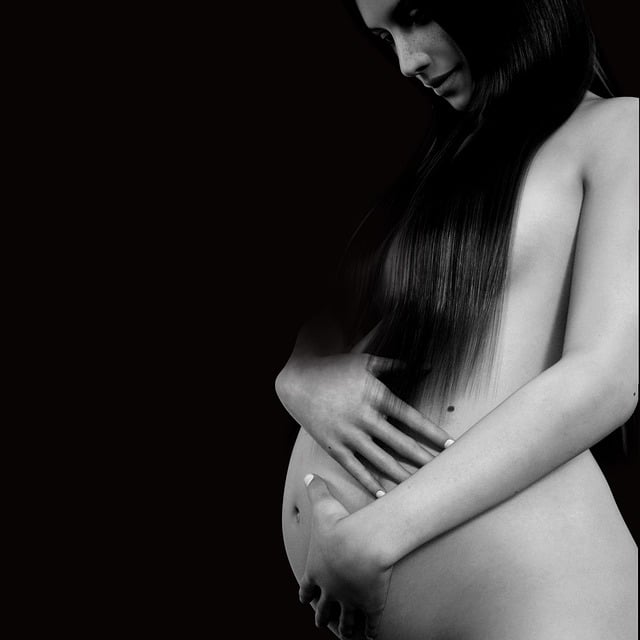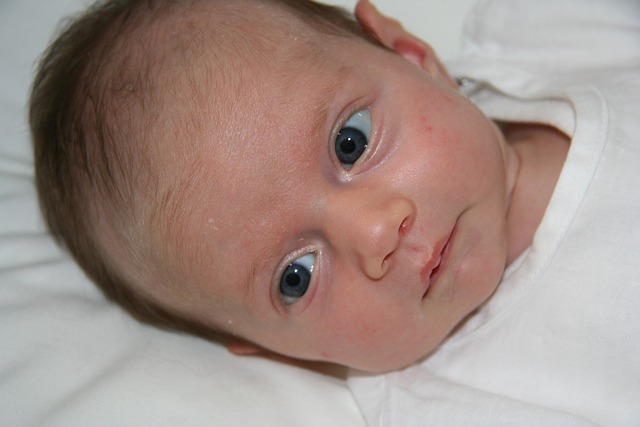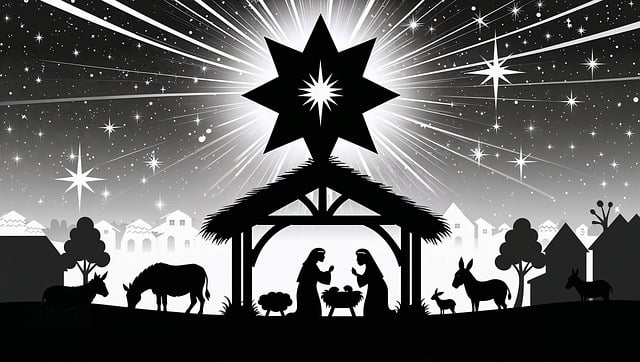To obtain a legally recognized birth certificate translation in the UK for administrative or legal purposes, one must engage a professional translator certified by authoritative bodies such as the Institute of Translation and Interpreting (ITI) or the Chartered Institute of Linguists (CIOL). The translation process mandates a precise, detailed conversion that aligns with UK regulations, ensuring the document's authenticity. This includes a word-for-word transfer of information from the original birth certificate, accompanied by the translator's official stamp, signature, and a declaration attesting to the translation's accuracy. The accepted languages typically include those recognized under EU regulations or other non-EU languages when translated by a qualified certificated translator. This meticulous approach is crucial for tasks such as applying for a UK passport, enrolling children in school, accessing healthcare services, and claiming inheritance or benefits. Utilizing specialized 'birth certificate translation UK' services is the most reliable method to guarantee compliance with legal standards and acceptance by UK authorities, facilitating the successful integration of individuals into UK society.
Navigating the UK’s regulatory landscape can be a complex endeavour, particularly when official documents like birth certificates are required. This article delves into the critical aspect of certified birth certificate translations in the UK, outlining the indispensable role of authorized translators and the accepted formats and languages for such translations. Whether you’re an individual or a business dealing with UK authorities, understanding the nuances of this process is paramount. We will guide you through the steps to secure a certified translation of your birth certificate, emphasizing common pitfalls to avoid. Ensuring accuracy and compliance is key when birth certificate translation UK standards are at stake.
- Understanding the Necessity for Certified Birth Certificate Translations in the UK
- The Role of Authorized Translators for Birth Certificate Translation in the UK
- Accepted Formats and Languages for Birth Certificate Translations in the UK
- Steps to Obtain a Certified Translation of a Birth Certificate in the UK
- Common Mistakes to Avoid When Translating Birth Certificates for UK Authorities
Understanding the Necessity for Certified Birth Certificate Translations in the UK

In the United Kingdom, legal documents such as birth certificates play a pivotal role in an individual’s life, serving as proof of identity and citizenship. For individuals born abroad to UK parents or for those whose birth certificate is in a language other than English, the need for certified translations becomes imperative. This is where the importance of ‘birth certificate translation UK’ services comes into play. These translations are not just a mere transposition of words from one language to another; they are official documents that must adhere to strict guidelines set by UK authorities. A certified birth certificate translation, executed by a professional translator who is accredited by the relevant authorities, ensures that the translated document holds the same legal weight as the original. This certification is crucial for various purposes within the UK, including applying for passports, enrolling in schools, accessing healthcare services, and even claiming inheritance or benefits. The translation must be precise, accurate, and carry the translator’s stamp and signature, along with a statement confirming that it is a true and faithful translation of the original document. This process not only facilitates the seamless integration of individuals into UK society but also upholds the integrity of legal processes and record-keeping within the country. When dealing with such sensitive and official matters, opting for professional ‘birth certificate translation UK’ services is the most reliable way to ensure that all legal requirements are met and that the translated document will be accepted by UK authorities without complications.
The Role of Authorized Translators for Birth Certificate Translation in the UK

When individuals born outside the United Kingdom need to present their birth certificates for official purposes within the country, such as enrolling in schools, accessing healthcare services, or applying for citizenship, it is imperative that these documents are accurately translated into English. The UK’s Home Office and other regulatory bodies stipulate that certified translations of foreign birth certificates must be provided to verify identity and eligibility. Authorized translators play a crucial role in this process by ensuring the translations are both accurate and accepted by UK authorities. These professionals are typically native English speakers with expertise in the specific language of the original document, thereby guaranteeing the translation’s reliability and authenticity. They adhere to strict standards as set out by professional translation bodies, which include providing a signed statement affirming the accuracy of their work. This statement is often attached to the translated birth certificate, adding an official layer that UK authorities recognise and accept. Thus, for foreign-born individuals navigating the UK’s bureaucratic systems, authorized translators are indispensable in facilitating a seamless transition of personal records, thereby upholding the integrity and legality of birth certificate translation UK-wide.
Accepted Formats and Languages for Birth Certificate Translations in the UK

When individuals require a birth certificate translation accepted by UK authorities, it is imperative to understand the acceptable formats and languages for such translations. In the United Kingdom, official bodies typically accept translations of birth certificates that are accompanied by specific documentation to verify the authenticity of the translation. These documents often include a certified translator’s statement and a comparison of the original document with the translated version. The accepted formats for these translations are usually in written form, executed by a professional translator who is accredited by relevant authorities such as the Institute of Translation and Interpreting (ITI) or the Chartered Institute of Linguists (CIOL) in the UK.
The languages in which birth certificate translations are accepted can vary, but they must be provided by a translator who is proficient in both the source and target languages. Common languages include European Union languages, where EU regulations stipulate that member states should accept certified documents and their official translations. For non-EU languages, the UK authorities may still accept translations if they are provided by a qualified translator with the appropriate certification. It is essential to ensure that the translation meets the legal requirements set by the accepting authority, such as a court or government department. Translations for UK visa applications, for instance, must be certified in accordance with the specific requirements of the Home Office. Therefore, individuals should always check the precise requirements with the requesting authority before submitting a birth certificate translation to avoid any complications.
Steps to Obtain a Certified Translation of a Birth Certificate in the UK

When residing in the UK and the need arises for a certified birth certificate translation, individuals must adhere to specific steps to ensure the document is accepted by UK authorities. The process begins with procuring the original birth certificate; this can be done through the General Register Office (GRO) if the event took place in England or Wales, the National Records of Scotland (NRS) for events in Scotland, or the General Register Office for Northern Ireland (GRONI) for events in Northern Ireland. Once the original birth certificate is obtained, it must be translated by a professional translator who holds a Certificate in Translation from an accredited body such as the Institute of Translation and Interpreting (ITI) or the Chartered Institute of Linguists (CIOL). The translation should then be certified as a true and accurate representation of the original document. This certification can be provided by a translator who is authorised to issue certifications, often accompanied by their official stamp and signature. It is imperative that the translated birth certificate meets the UK authorities’ standards for certified translations, which typically include a written statement attesting to the accuracy of the translation and the qualifications of the translator. Additionally, the translation should be complete, with all information present as in the original document, and presented on high-quality paper to avoid any issues with authenticity. By following these steps, individuals can ensure that their certified birth certificate translation will be accepted by UK authorities for official purposes such as visa applications, legal proceedings, or enrollment in academic institutions.
Common Mistakes to Avoid When Translating Birth Certificates for UK Authorities

When translating birth certificates for use in the UK, it’s crucial to adhere to specific guidelines and standards set by UK authorities to ensure the translation is both accurate and legally acceptable. A common oversight is not verifying the translated document against the original birth certificate. Every detail must be precisely transferred without alterations or omissions, as minor discrepancies can lead to complications with government bodies or institutions. Another frequent mistake is using a non-certified translator; only translators who are accredited by relevant authorities, such as the Institute of Translation and Interpreting (ITI) or the Chartered Institute of Linguists (CIOL), should undertake this task. The certification must be included with the translation to demonstrate the translator’s qualifications and the translation’s authenticity. Additionally, failing to follow the proper format as required by UK standards can result in rejection. This includes using the correct font size, layout, and terminology that aligns with the source document. Lastly, translators must ensure that the translated birth certificate is a true reflection of the original, capturing all legal terms and phrases accurately, which might require specialized knowledge of legal and bureaucratic language specific to the UK. To avoid these pitfalls, it’s advisable to engage with professional translation services that specialize in birth certificate translation for UK authorities, guaranteeing compliance with all necessary requirements and a smooth process for the intended use.
When navigating the requirements for official documentation within the UK, acquiring a certified birth certificate translation is a pivotal step for both residents and newcomers. This article has elucidated the critical role of authorized translators in accurately rendering birth certificates into the required languages, adhering to the established formats that UK authorities recognize. By following the outlined steps and being cognizant of common pitfalls, individuals can ensure their translated documents meet the necessary criteria without delay or risk of rejection. It is through these measures that one’s legal standing in the UK is upheld with precision and respect for the nation’s regulatory standards. For those requiring such services, remember to engage with professional translators specialized in birth certificate translation UK to guarantee compliance and accuracy.
